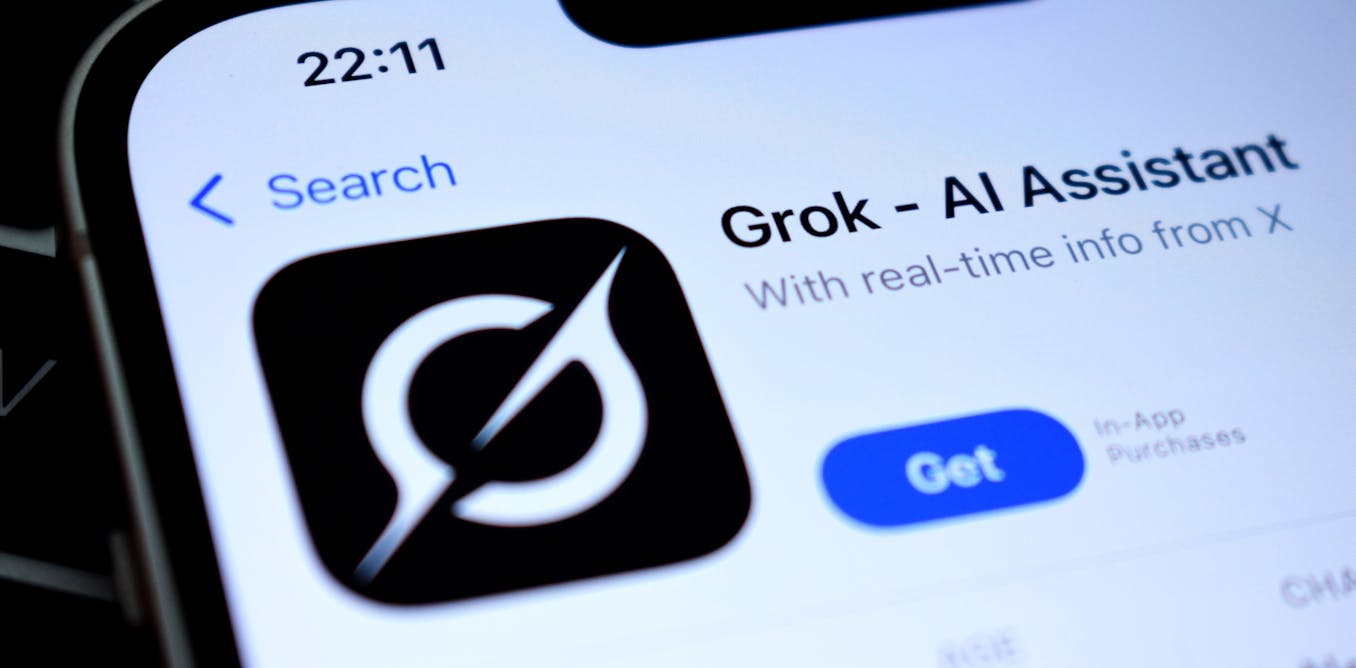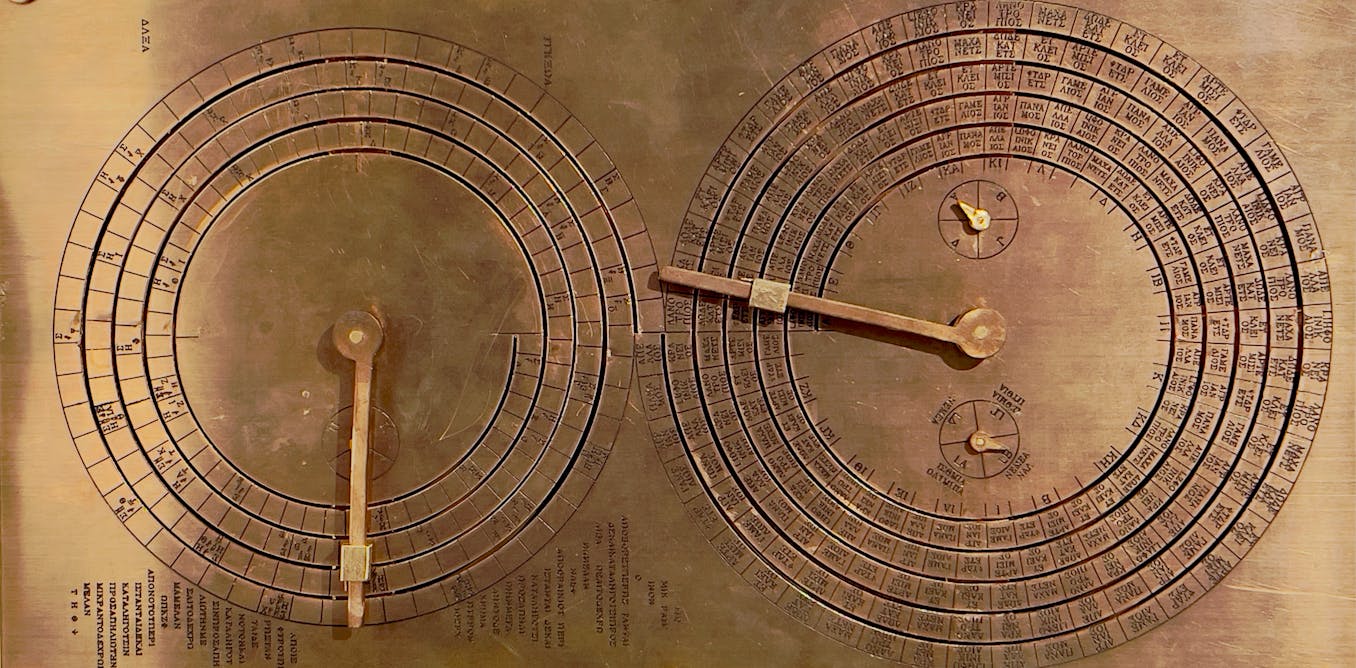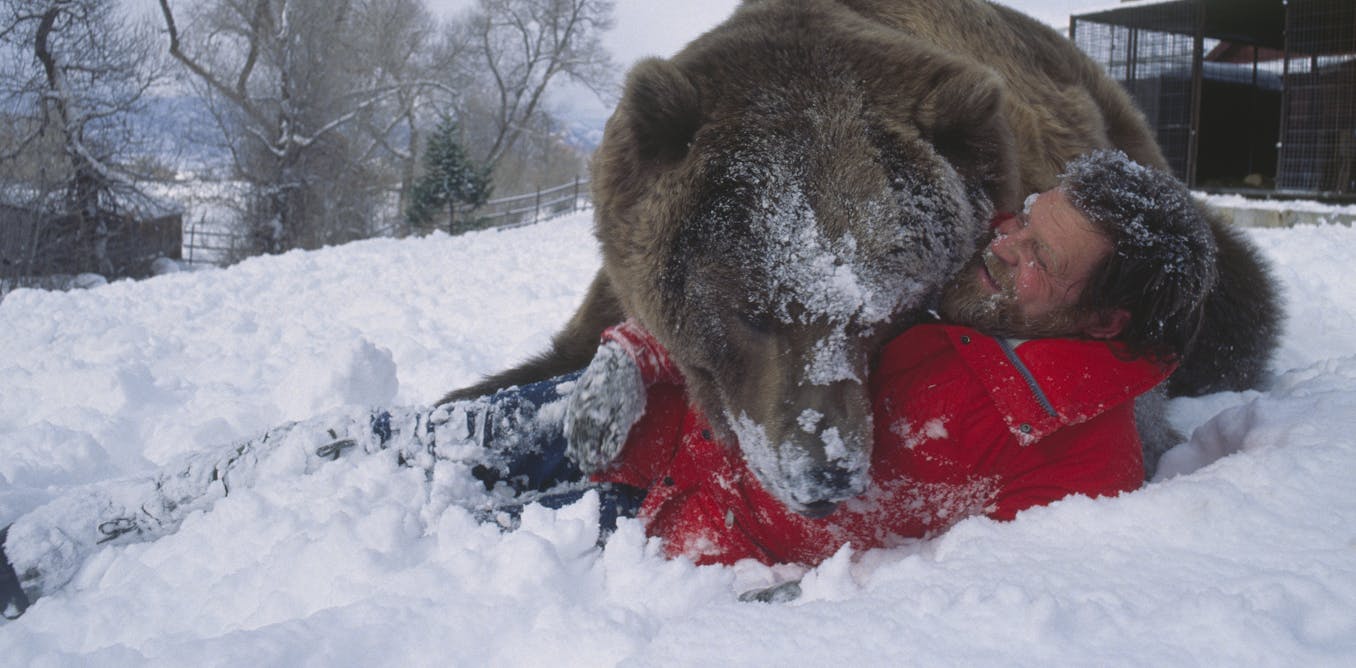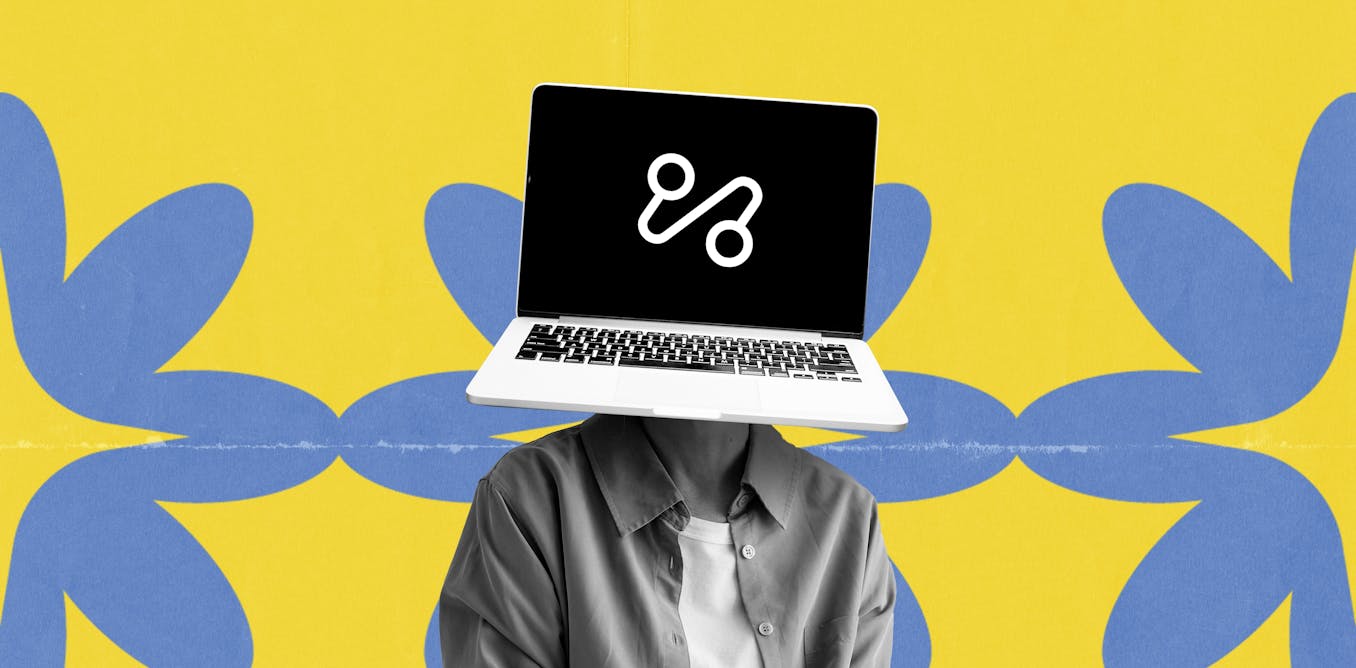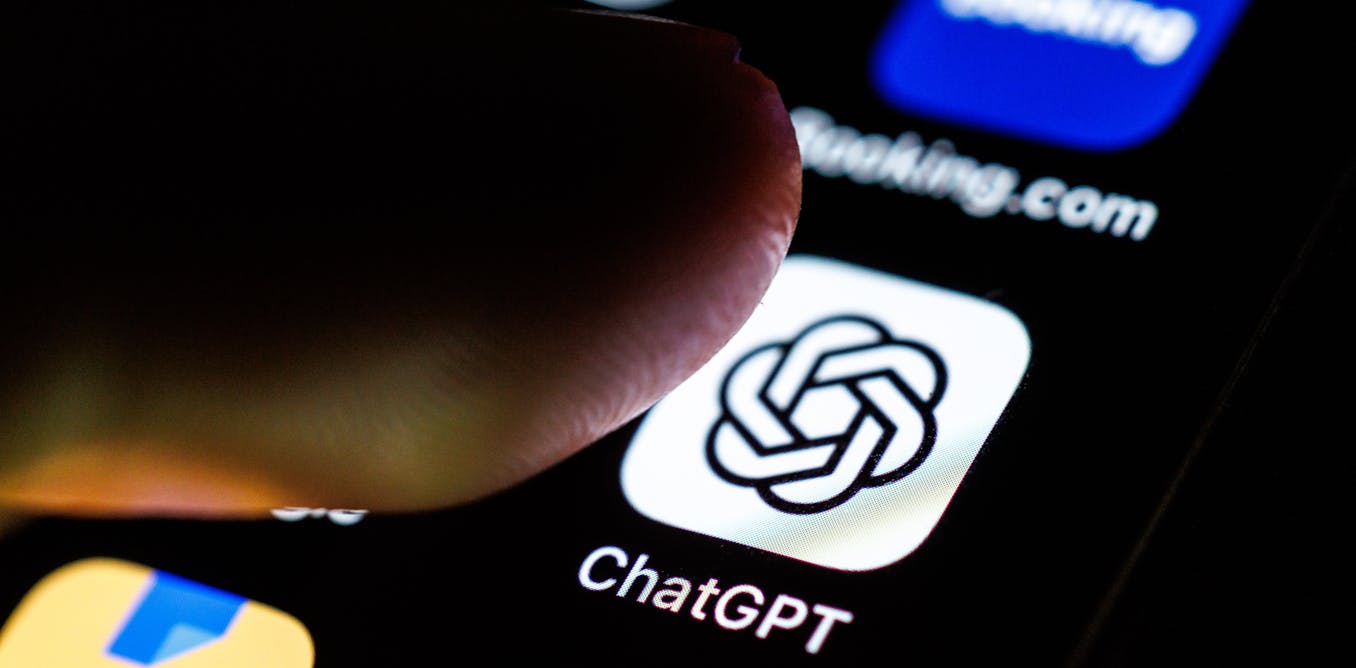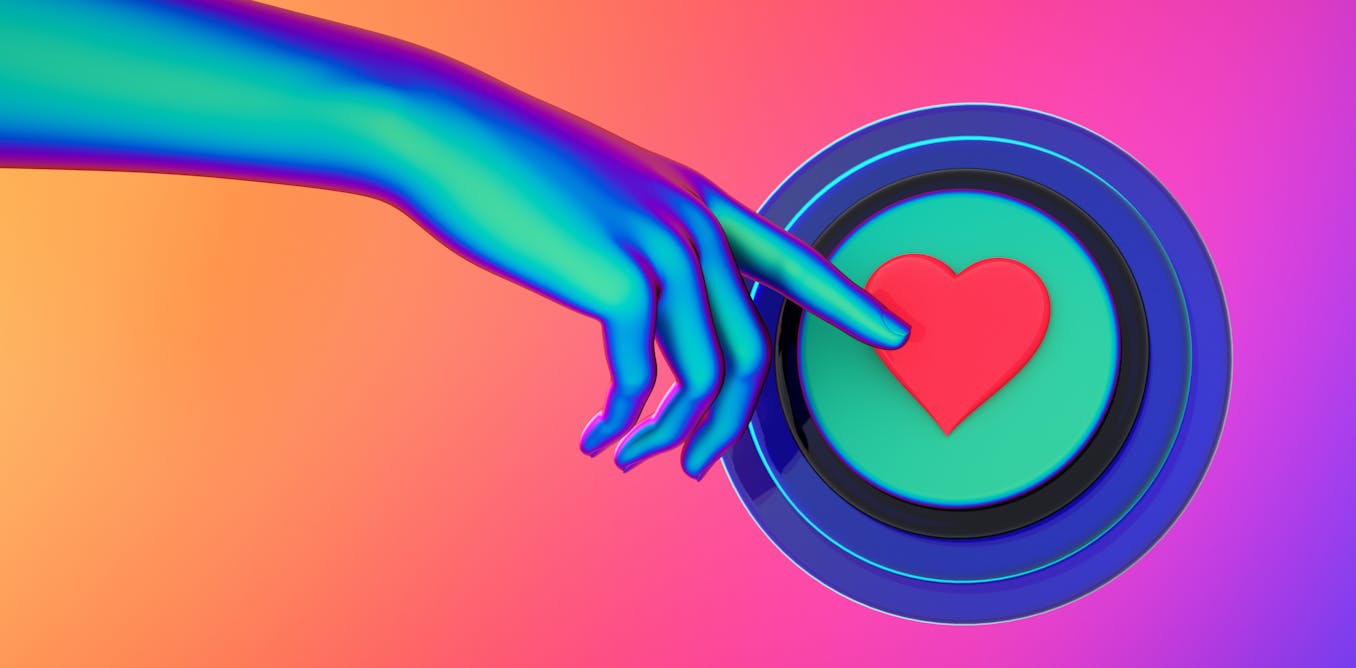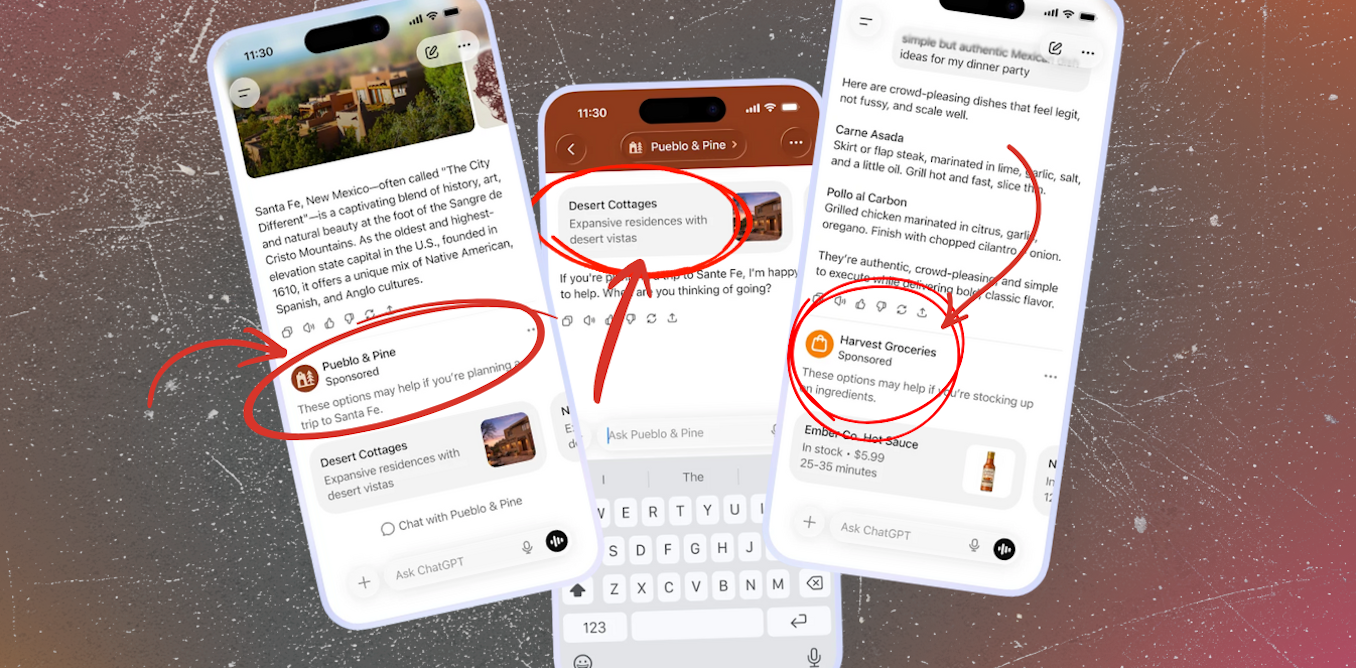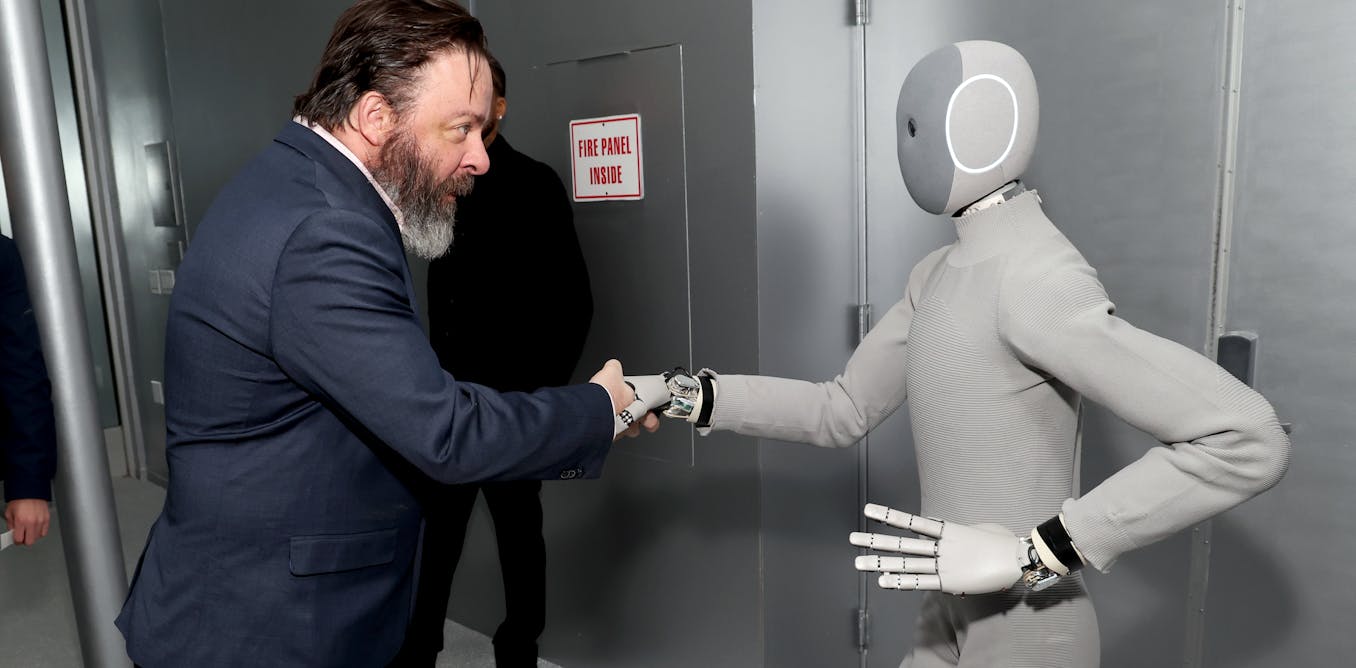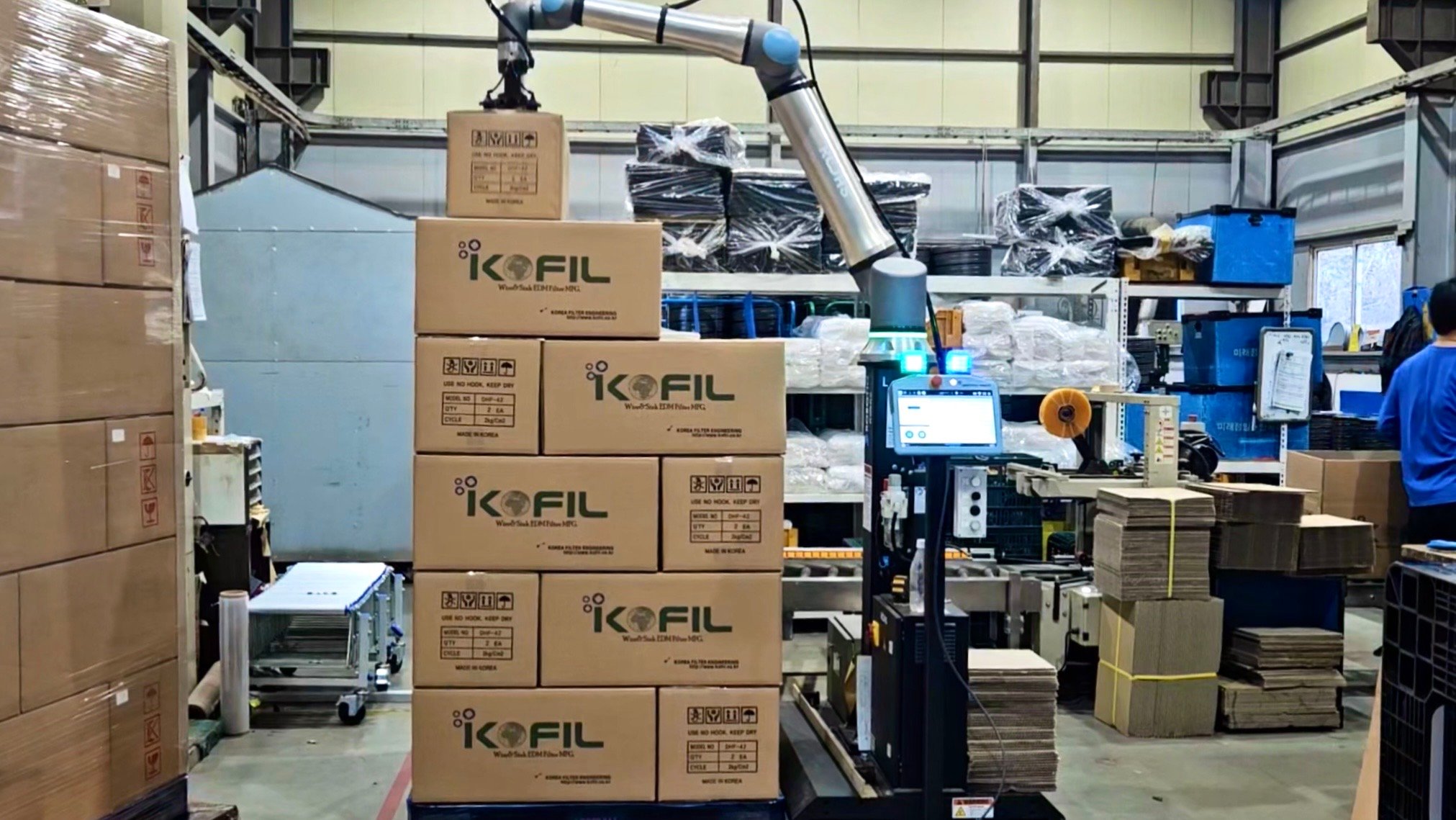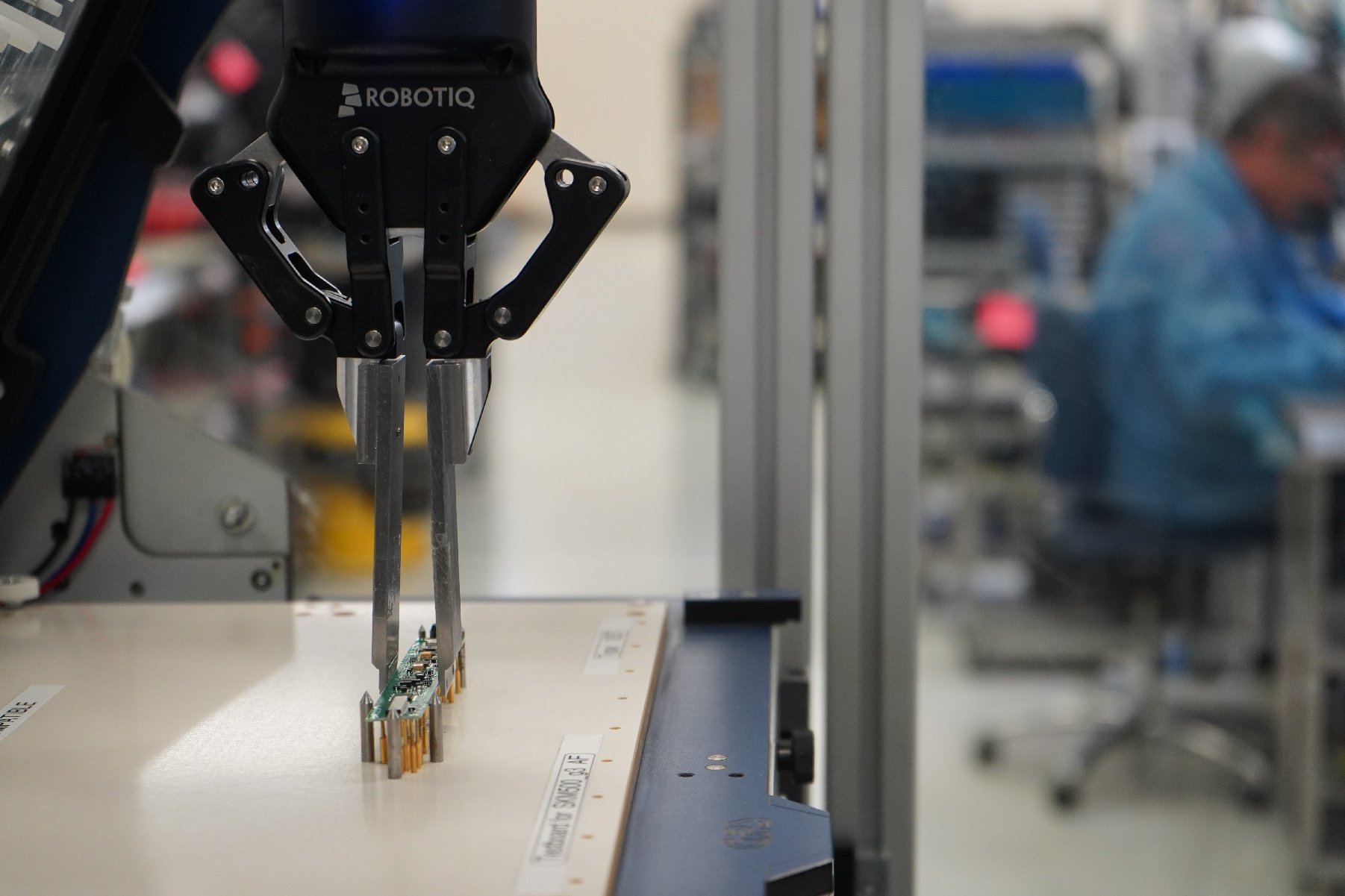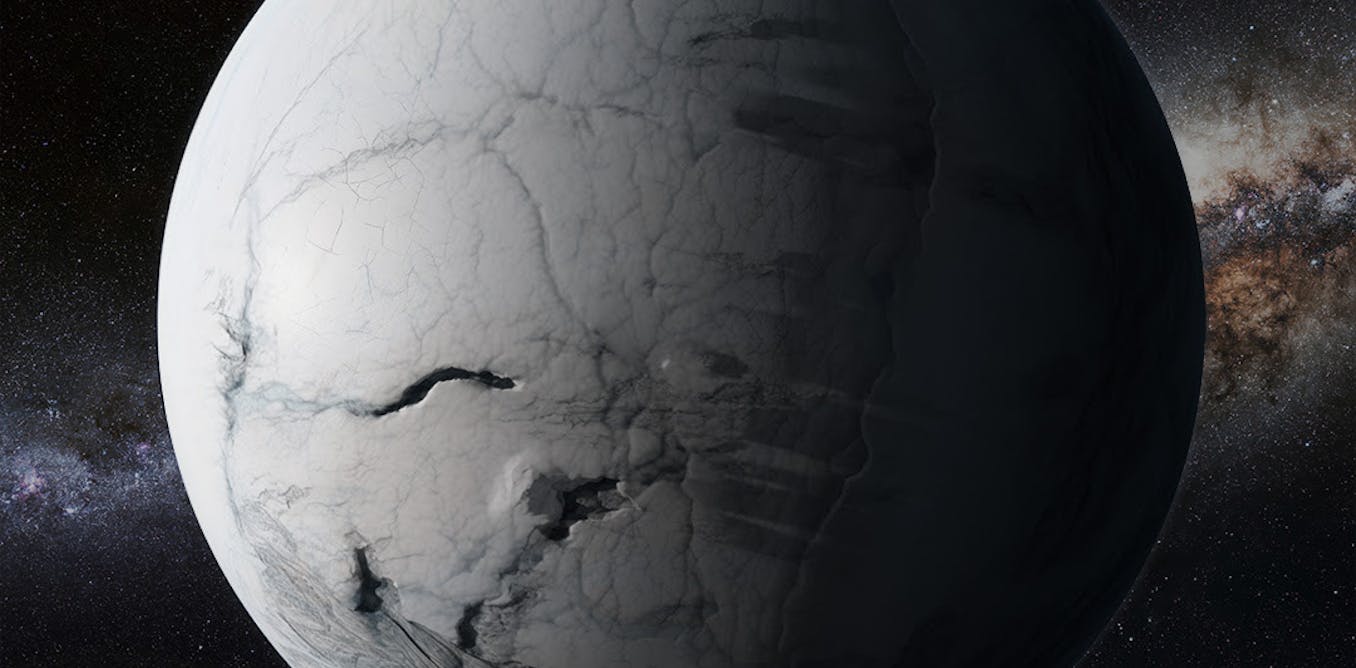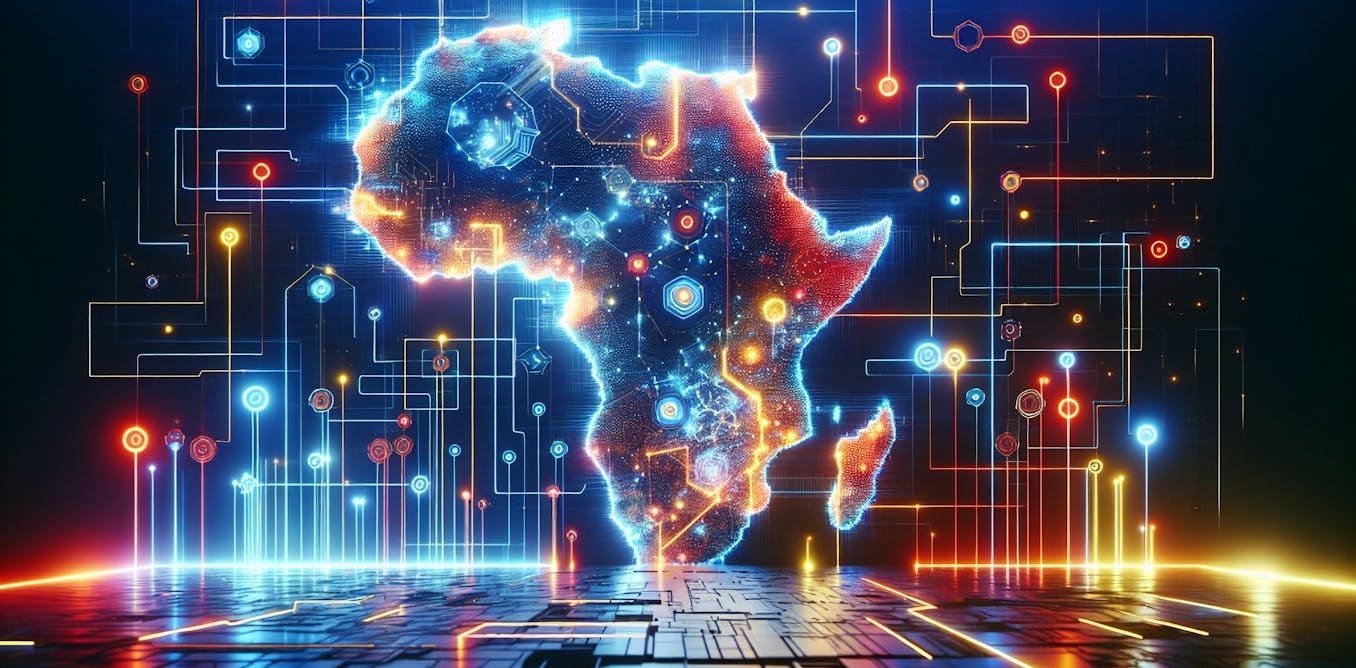Let’s be honest, even just writing this sentence has meant engaging with some very basic artificial intelligence (AI) as the computer checks my spelling and grammar.
Ultimately, the quality and integrity of the finished article are a human responsibility. But the questions this raises go well beyond everyday word processing.
Powerful AI is now changing what it means to be good at your work. The debate has moved from whether robots are taking over our jobs to who or what gets the credit for the work in a world of AI.
Three-quarters of global knowledge workers are now using AI, but many are uncertain about it.
About half of all surveyed workers feel uneasy about the future use of AI, and many say their organisations offer little guidance on responsible practice. Workers even hide their use of AI to avoid “AI shame”.
But for better or worse, we are learning to work with this powerful, fast and not always predictable new colleague.
HR logic breaks down
For decades, companies relied on one big idea: people are their greatest asset.
Hire the best, train them well and results will follow. This thinking gave the human resources (HR) department its strategic role and made “talent” the key to success.
But this logic is starting to fail. When a junior lawyer uses AI to draft a contract in minutes, a task that once took a senior partner years to master, how do you measure skill?
The value is no longer in producing the first draft, but in the partner’s judgement and ability to spot the one clause that could cause a problem.
Performance reviews that evaluate individual productivity or achieved targets can’t see this kind of value. They miss the skills that now matter most: judgement, collaboration with machines, and ethical awareness.
If AI can outperform us in speed, accuracy and recall, what still makes humans valuable? It comes down to three things.
-
The BS Detector. Knowing when an AI’s confident answer is completely wrong for the real world – for example, a doctor who realises the system’s diagnosis is technically correct but dangerously incomplete.
-
The AI Whisperer. Treating AI like a brilliant but naive intern. You don’t just accept its work, you guide it, question it and know when to step in.
-
The Moral Compass. Having the courage to say “that’s not right” even when the algorithm says it’s the most efficient choice.
These are complex “soft skills” that blend technical awareness with human judgement, empathy and moral courage.
Reviewing the wrong things
Most workplaces are still grading people with outdated scorecards. Employees are racing ahead with AI, but their organisations still evaluate them as if they are working alone.
A performance review that fits the AI age should ask different questions:
- How did you use AI to make a better decision?
- How did you spot a bias or mistake in its output?
- How did you make sure the final result made sense to people, not just machines?
Those questions get to the heart of the new workplace. Success now depends less on what individuals produce and more on how well they work in partnership with AI.
HR systems have rested on one assumption: performance can be improved by developing individuals. Train people, motivate them and reward them, and productivity will rise. That made sense when most work depended on human effort.
But AI changes where capability resides. It spreads intelligence across humans and systems. Performance now depends on how effectively people and algorithms think together.
Humans still matter
AI doesn’t just make us faster; it changes what “star worker” means.
The future of HR won’t be about managing people alone. It will be about managing relationships between people and intelligent systems.
AI already helps screen job applicants, track performance and flag inefficiencies. Used well, it can make workplaces fairer and more consistent. Used blindly, it risks turning them into systems of surveillance and bias.
This is why human judgement still matters. People bring context, empathy and conscience. They make sure decisions that look efficient on paper actually work in a complicated, human world.
Machines can generate answers. Only people can make them meaningful. So when it comes to performance, maybe the question isn’t “who gets the credit?” –
it’s “how well do we share the credit?”.
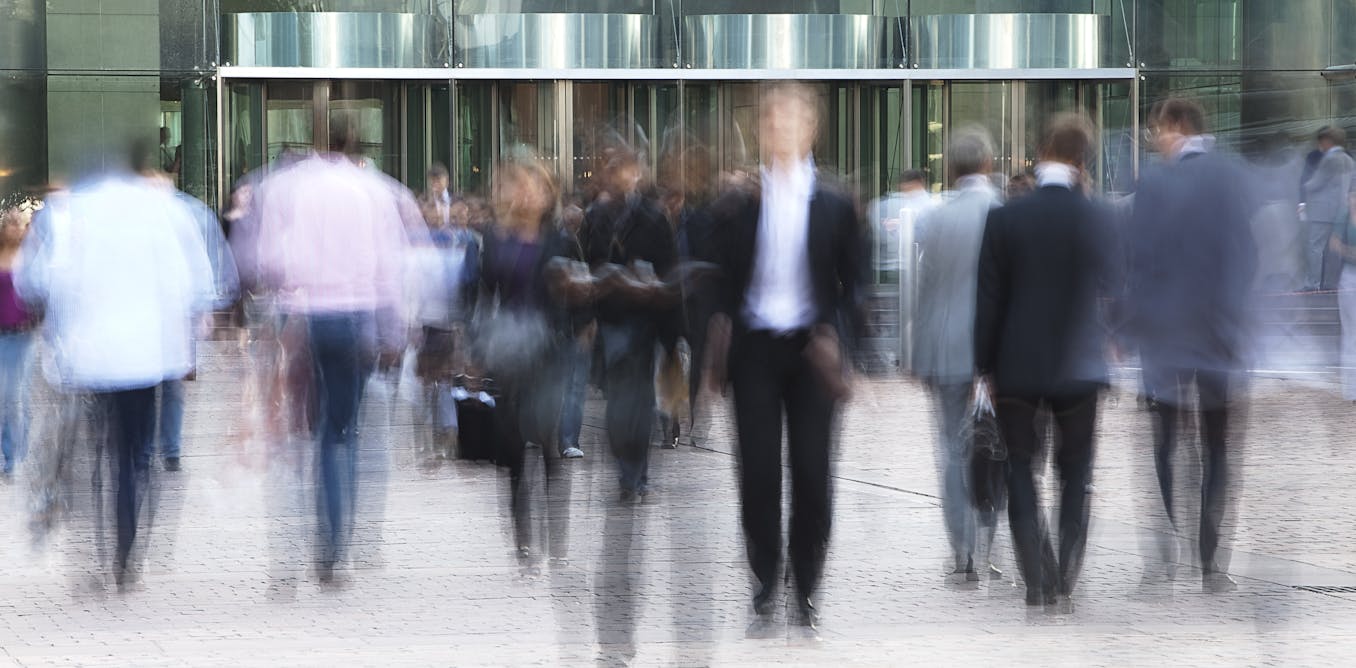
The post “AI makes measuring work performance a lot trickier. How do companies adapt?” by Christian Yao, Senior Lecturer, School of Management, Te Herenga Waka — Victoria University of Wellington was published on 11/12/2025 by theconversation.com



